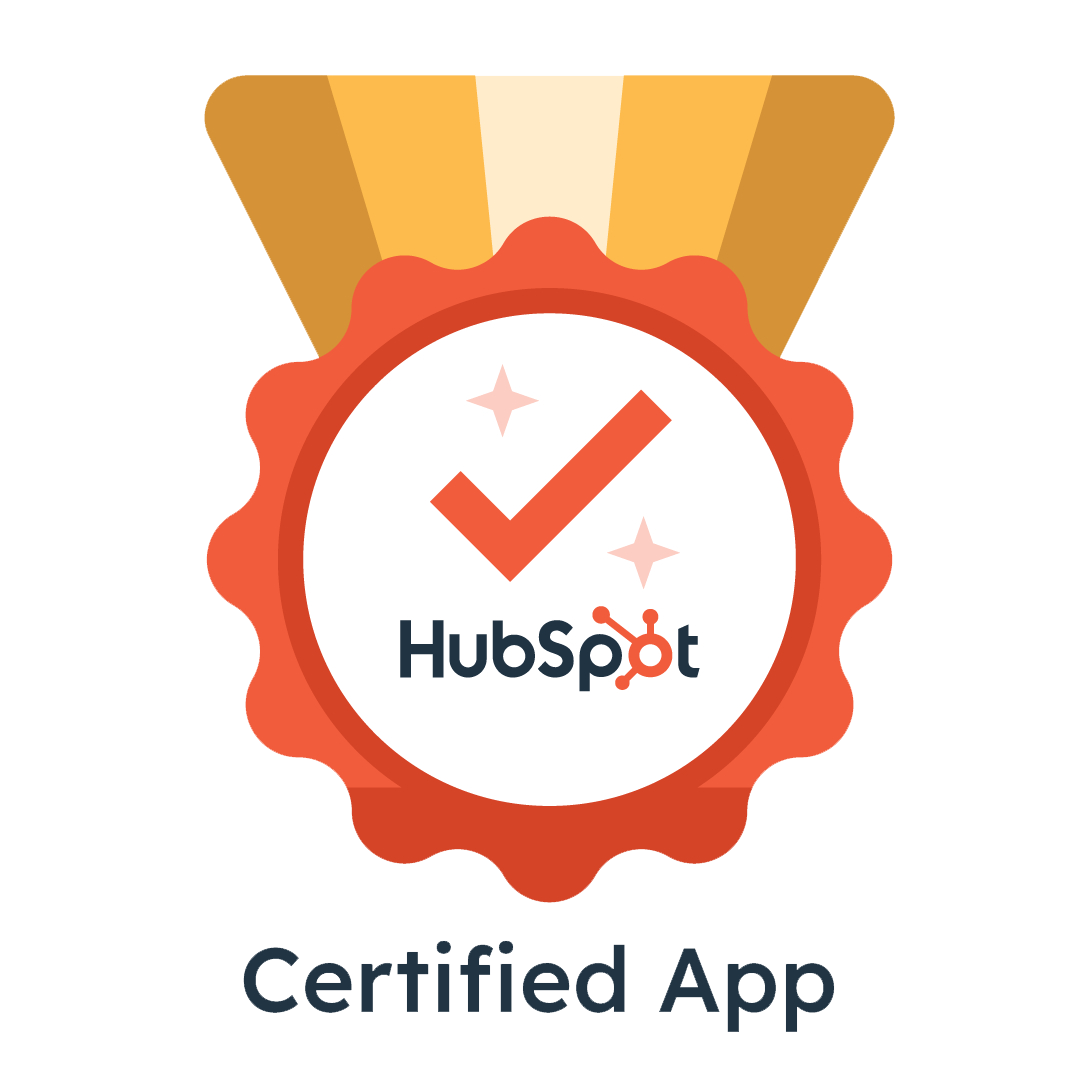Event Platform
Event Platform
An event platform is a digital solution designed to facilitate the planning, management, and execution of events, whether they are in-person, virtual, or hybrid. It serves as a centralized hub where organizers, attendees, and exhibitors can interact, access event content, and engage in networking opportunities. Event platforms have become essential tools in modern event marketing, enabling seamless communication and enhanced attendee experiences. These platforms not only streamline the logistics of event management but also enhance the overall experience for everyone involved, making them indispensable in today’s event landscape.
Understanding the Role of an Event Platform
At its core, an event platform streamlines the complexities of event management by integrating various functionalities into one accessible interface. This includes registration management, agenda scheduling, live streaming, attendee engagement tools, and analytics. By consolidating these features, event platforms help organizers save time and resources while delivering a polished experience to participants. The efficiency gained through these platforms allows event planners to focus on the creative aspects of their events, ensuring that every detail aligns with their vision.
For example, a trade show organizer might use an event platform to handle exhibitor sign-ups, provide virtual booths, and facilitate real-time chat between attendees and vendors. Similarly, a conference planner could leverage the platform’s agenda builder and live Q&A sessions to keep participants engaged throughout the event. This level of interactivity not only enhances the attendee experience but also fosters a sense of community among participants, which is crucial for successful networking.
Key features often found in event platforms include:
- Registration and Ticketing: Simplifies attendee sign-up and payment processing, making it easy for participants to secure their spots.
- Agenda Management: Allows organizers to create and update event schedules easily, ensuring that all information is current and accessible.
- Networking Tools: Enables attendees to connect through chat, video calls, or matchmaking algorithms, enhancing the potential for meaningful interactions.
- Content Delivery: Supports live streaming, on-demand videos, and downloadable resources, catering to diverse learning preferences.
- Analytics and Reporting: Provides insights into attendee behavior and event performance, allowing for data-driven decision-making.
By using an event platform, businesses can enhance engagement, increase reach, and gather valuable data to improve future events. Whether hosting a small workshop or a large-scale trade show, these platforms offer scalable solutions tailored to diverse event needs, ensuring that every event can be executed with precision and professionalism.
Choosing the Right Event Platform
When selecting an event platform, consider factors such as ease of use, customization options, integration capabilities with other marketing tools, and customer support. It’s important to align the platform’s features with your event goals and audience preferences to maximize impact. A well-chosen platform can significantly enhance the overall event experience, making it more enjoyable for both organizers and attendees alike.
Benefits for Marketers and Event Planners
Event platforms empower marketers and planners by automating routine tasks, enhancing attendee engagement, and providing measurable results. This allows teams to focus on creative strategies and delivering value rather than getting bogged down in logistics. The ability to analyze data and gather insights post-event also helps in refining future strategies, ensuring continuous improvement in event execution.
Examples of Popular Event Platforms
Some widely used event platforms include Hopin, Cvent, and Eventbrite. Each offers unique strengths, from virtual event hosting to comprehensive event lifecycle management, catering to various types of events and industries. These platforms have established themselves as leaders in the market, providing robust solutions that meet the evolving needs of event organizers.
FAQs About Event Platform
What types of events can be managed using an event platform?
Event platforms are versatile and can support a wide range of events including conferences, trade shows, webinars, workshops, product launches, and hybrid events that combine in-person and virtual elements. This flexibility makes them suitable for any organization looking to host an event.
How do event platforms improve attendee engagement?
They offer interactive features such as live polls, Q&A sessions, networking lounges, and chat functions that encourage participation and foster connections among attendees, making the event experience more dynamic and memorable. These features not only keep attendees engaged but also create opportunities for networking and collaboration.
Can event platforms integrate with other marketing tools?
Yes, many event platforms offer integrations with CRM systems, email marketing software, social media, and analytics tools, enabling seamless data flow and more effective event promotion and follow-up. This interconnectedness enhances the overall marketing strategy surrounding the event, ensuring that all aspects work in harmony.





